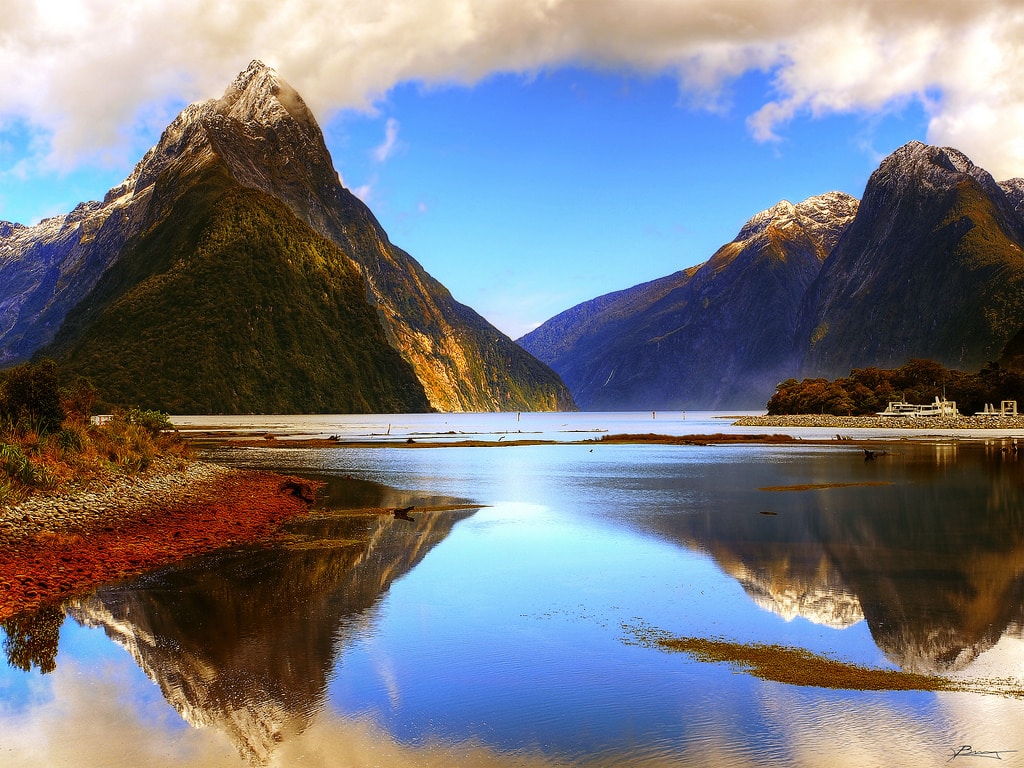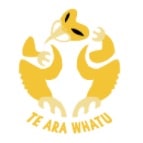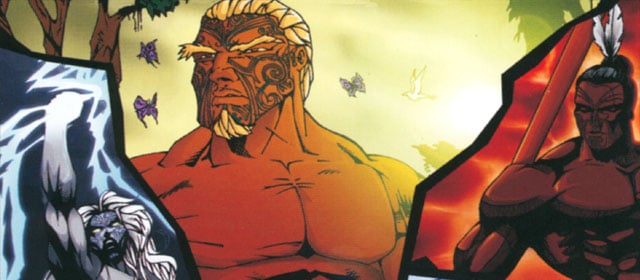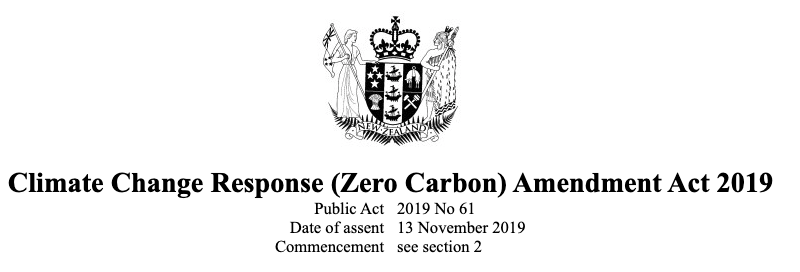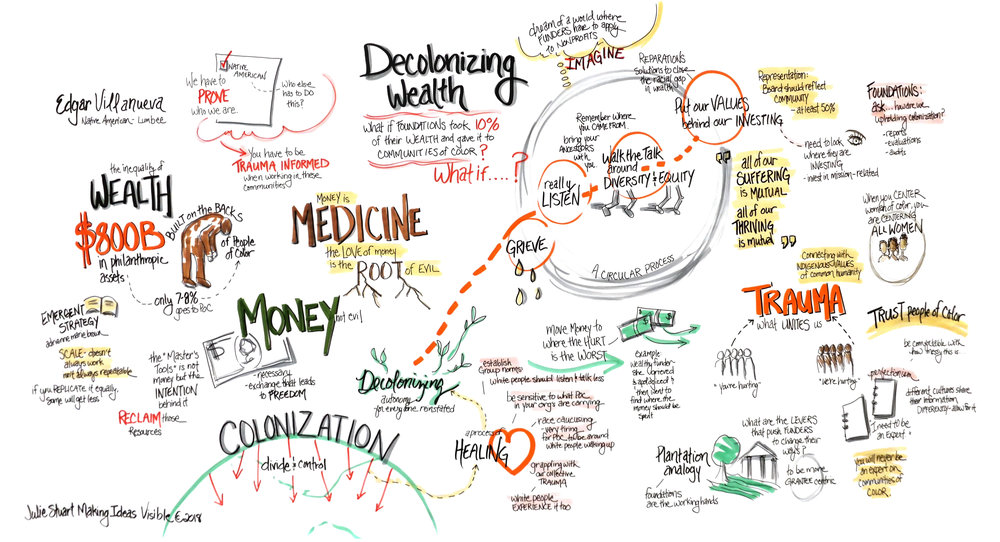Introducing Aotearoa Hydrogen Alliance "AHA-NZ"
In Service to Iwi as Developers of Green Hydrogen Market Opportunities for Aotearoa New Zealand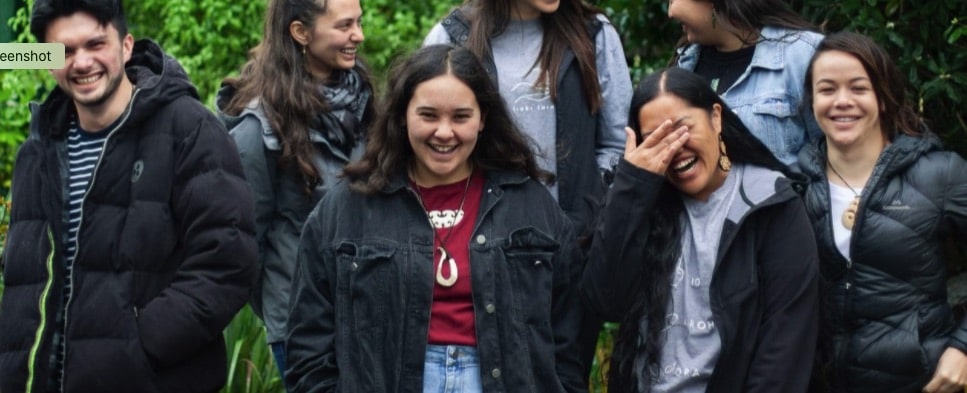
In 2017, a group of young Māori and Pasifika came together to represent our communities at the 23rd Session of the UN Climate Talks. As the first indigenous youth delegation from Aotearoa, we were committed to bringing the wealth and learnings from this experience back to Aotearoa.
Together we formed Te Ara Whatu, a name that has meaning and relevance across the Pacific.
Our Vision
Māori and Pasifika communities are at the frontlines of climate change. Our tuakana across Te Moana Nui a Kiwa have been experiencing the impacts of the climate crisis for decades. As rangatahi we have to face these challenges head on and hold those responsible to account. We do this to ensure that our culture, grounded in our whenua, our whakapapa and our whānau is protected in global solutions to climate change.
We step up in solidarity with indigenous communities from around the world. We see our mahi as part of a bigger kaupapa of resistance and re-indigenisation.
Traditionally, Māori believe there is a deep kinship between humans and the natural world. This connection is expressed through kaitiakitanga – a way of managing the environment.
Today kaitiakitanga is a renewed imperative as Iwi restore their environment and their culture as well as show the way for others throughout the world to do the same.
As is manifest and in accord with Te Tiriti o Waitangi and affirmed by Treaty of Waitangi Act 1975, the Iwi are the rightful stewards and decision makers to be called upon to initiate planning for and developing a more ecologically benign and renewable future for Te Waipounamu and Aotearoa – the South and North Islands of New Zealand as well as the surrounding islands and waters.

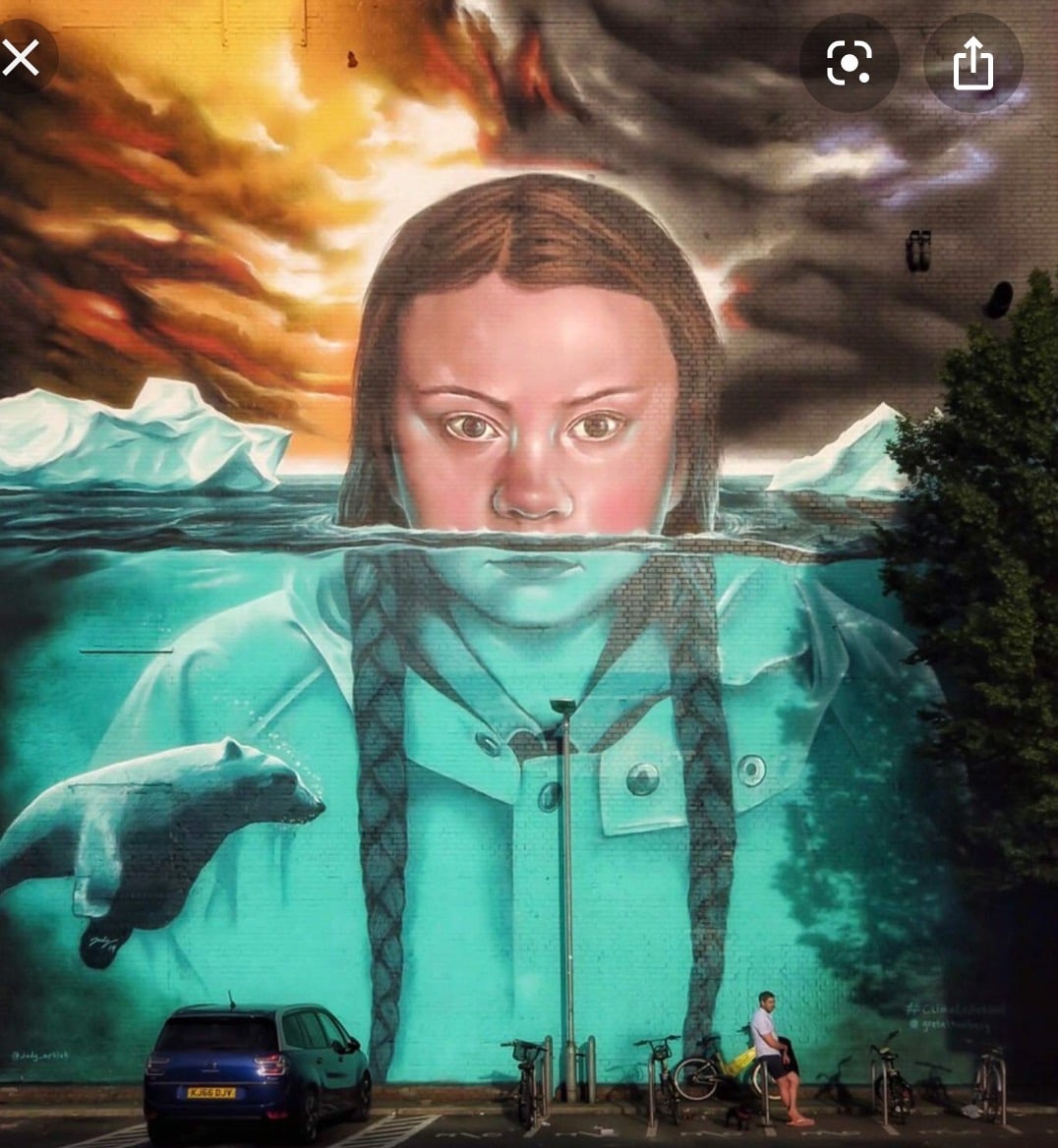
So many young people of today, as exemplified by the Indigenous youth above and the ernest Greta Thunberg, are legitimately holding government and business leaders to account to end the unconscious practices that have led us to ecological devastation and to swiftly begin to heal our Mother Earth and her ecosystems. Check out Greta’s new 2020 campaign #FaceTheClimateEmergency.
The 2030 Agenda for Sustainable Development, adopted by all United Nations Member States in 2015, provides a shared blueprint for peace and prosperity for people and the planet, now and into the future.
At its heart are the 17 Sustainable Development Goals (SDGs), which are an urgent call for action by all countries – developed and developing – in a global partnership.
AHA is in service to Global Goal 7 – Affordable and Clean Energy.
“We’re amplifying the voices of hundreds of young people who are demanding that climate justice and intergenerational justice are addressed as our country rebuilds towards a new normal.
Climate justice means that no community or group is left behind in our response to climate change. Structurally oppressed communities alongside a Te Tiriti o Waitangi lens must be at the forefront of our response to climate change.”
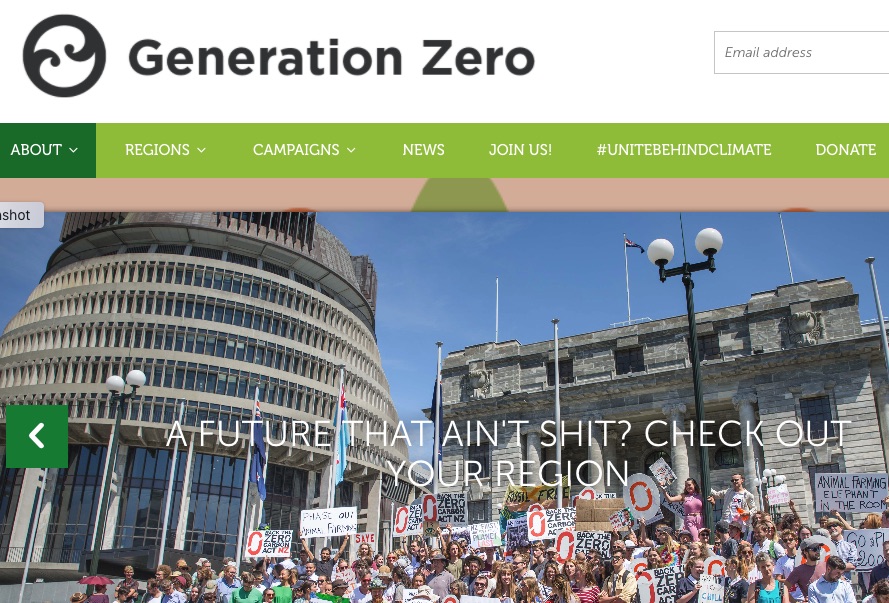
Climate Mobilization Pace
This is the decade that we must take action at Mobilization Pace to stop polluting our ecosystem and make massive reductions in the use of fossil fuels.
At AHA we are adherents to the policies and procedures of the Climate Victory Plan as it applies in various bioregions and jurisdictions.
Our financial structure will be based on the principle of an Equitable Mobilization Rate of Return equal to transparent, fully loaded costs plus seven (7%) percent.
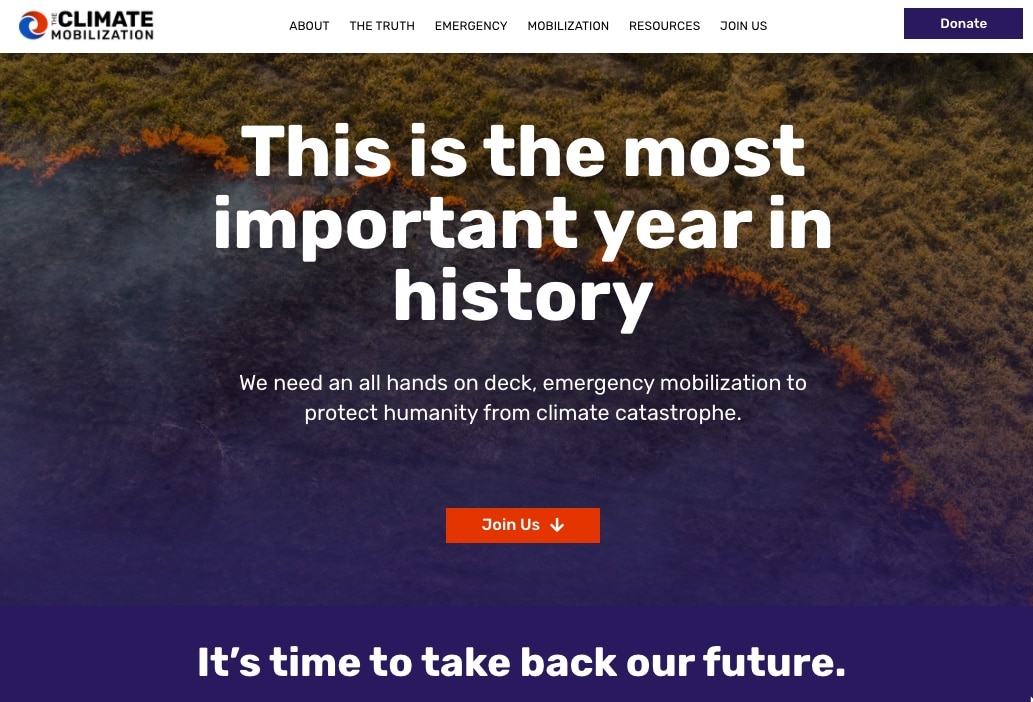
What if wealth could be used to heal restore connect?
“We have to be honest about the sources of wealth and how wealth was accumulated in heaps of countries—a great part of it was on the backs of people of color, and now those communities are benefiting from just a very small percentage of dollars… Once you know, how can you not be equitable about how you’re distributing the money?”
— Edgar Villanueva
Principles of True Economy
Humanity’s often-unconscious beliefs about money and economy, greatly influence how we relate to one another, to other life forms, and to life itself. Now that the world economy appears to be failing, a window has opened up during which we can reconsider our foundational assumptions, definitions, and beliefs about value and how society is organized. This is a golden opportunity to source different answers to the above questions by listening to the wisdom that exists within us. The responses we receive can provide a roadmap for thriving in the post-coronavirus world. As we listen deeply and upgrade our notions of money and economy, we will co-create new economic and governance models that are better suited for life in the 21st century and beyond.
What Is a True Economy?
The new economy needs to be an awakened economy, in which businesses and individuals interact with unprecedented levels of consciousness and love. A True Economy has certain characteristics:
- Activities that benefit all and harm none are naturally supported.
- People and communities have immense freedom to develop their creativity.
- Human communities and ecosystems are uplifted by economic activity.
- Businesses prosper without compromising the web of life.
- People have realized their true nature.
11 Principles of True Economy
1. Anchor Assets: The foundation of wealth for each community, and each bioregion, is the health of its ecosystems. Healthy ecosystems attract and sustain life.
2. Leveling Out: A true economy keeps value flowing, eliminates unhealthy inequalities, and ensures that everyone’s basic needs are met ongoingly.
3. Generosity: The participants in a true economy always give more than the minimum because it feels good to do so. This quality of interacting increases the well-being of all.
4. Value Yourself: When you appreciate your own immense value within the web of life, you can more easily appreciate the value of others and their contributions.
5. Do What You Love: In a healthy ecosystem, there is enough energy available to create everything you need by doing what you love to do and sharing the results.
6. Life = Value = Life: Life is the source of value and life experiences are what people value. There are countless forms of value, and they all contribute to increasing the quality of life.
7. Measure Health: By continually measuring, monitoring, and improving the health of nature, people, and communities, it is possible to incentivize human activities that increase true wealth.
8. Money Spirals: The circulation of money through webs of mutually beneficial interaction activates people’s creative inspiration, adds life energy to the economy, and lifts everyone with each cycle.
9. Cultivate Wealth (in the original sense): Grow and nurture assets, intentionally, that rise in worth as the well-being of people and nature increases. Harvest the wealth, consciously, distribute it equitably, and continue the cycle.
10. Protect People and Ecosystems: Conserve, enhance, and celebrate the upward spiral of healthy interplay amongst the natural world, the built environment, and humans.
11. Mutually Assured Thriving: The structures of a true economy strongly favor activities and interactions that benefit all and harm no one. The thriving of one requires the thriving of all, and a healthy whole requires healthy individuals.
Courtesy of Jeff Vander Clute, Wisdom Advisor to AHA, Member of Evolutionary Leaders.
A Just Transition
- Creating Regenerative Jobs before Current Jobs Lost
- Generative Community Wealth Creation
- Enabling Worker Owned Cooperatives
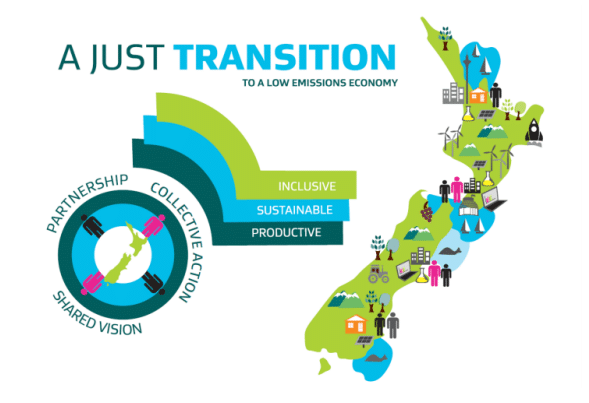
Image and text excerpt courtesy of New Zealand’s Energy Minister Hon Dr. Megan Woods April 2019 Future of Work
“A just transition is about:
– understanding the different pathways we have to transform our economy (to one that is more productive, sustainable and inclusive);
– partnering with Māori / iwi, local government, business, communities and the workforce to identify, create and support new opportunities, new jobs, new skills and new investments that will emerge from transition;
– understanding how impacts of transition are distributed across the economy and making choices about how we manage these in an equitable and inclusive way; and
– building the social license necessary to be ambitious in our approach to transforming the NZ economy.”
51% Owned by Murihiku Nature Trust
AHA and ideally all business that it helps launch as part of the transformation of the New Zealand energy system will be 51% owned by nature trusts. In perpetuity, the Murihiku Nature Trust, under establishment, is dedicated to Kaitiakitanga – fully regenerating all ecosystems of the Murihiku bioregion and beyond while creating meaningful livelihood for all the peoples of Murihiku through education and earth-positive economic development.
One early initiative of the Trust will be the restoration of any persisting ecosystem damage caused by the development of the Manapouri Power station completed in 1971.
